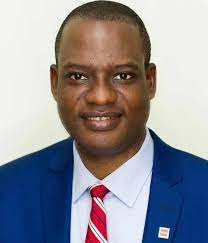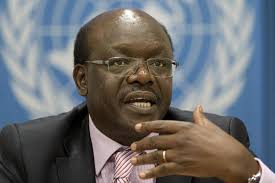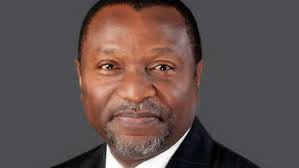The Chairman of the Presidential Committee on Fiscal Policy and Tax Reforms, Mr. Taiwo Oyedele, has disclosed that about 81% of employed Nigerians are not in any productive sector of the economy.
Oyedele, who gave this figure on Thursday at an Africa Trade and Investment Summit, said that while the unemployment rate in Nigeria remained relatively low at 4.2%, most employed Nigerians were not adding any meaningful value to the economy.
According to him, though Nigeria has the same unemployment rate as the United Kingdom, Nigeria still has over 113 million people living in multidimensional poverty compared to a very low rate in the UK.
He clarified: “About 81% of people in employment in Nigeria are engaged in a non-productive sector of the economy. They are doing things that do not add value in the real sense of the world.
“That is the reason why our unemployment rate even though is just 4.2%, similar to that of UK, our poverty rate is still one of the highest in the world. We have over 113 million people living in poverty as of 2022 and it is most likely to have increased because that was before subsidy removal and naira floatation.
“So how is it that you have high employment rate and you also have one of the highest poverty rate? That is the only explanation. We have working poor. We need to create decent jobs. Our job is just beginning”, Oyedele added.
On the lingering economic challenges of the country, the committee’s chairman noted that the present administration had been contending with macroeconomic issues that were triggered partly by politics as well as the policy environment of the country.
The tax expert pointed out that while Nigeria cannot control the global economic climate, a change in policy direction would help the government to tackle the sundry economic challenges and to reposition the economy on the path of sustainable growth.
He expatiated: “While we cannot control what Russia and Ukraine is doing. We cannot control what happens in the Gaza. Just making it easy for small businesses to earn a meaningful living, it is easier for manufacturers to produce.
We make it easy for international investors to find Nigeria attractive enough such that the risk adjusted returns is competitive. That is where the presidential fiscal policy committee comes in to play a major role in this whole picture of policy environment”, Oyedele added.
The recently published Nigeria Labour Force Survey (NLFS) report for the Q2, 2023 by the National Bureau of Statistics (NBS) indicated that Nigeria’s unemployment rate stood at 4.2% nationwide.
The report showed that 88% of employed Nigerians were self-employed while 12.0% were in formal employment either in the public service or private companies, thereby making Nigeria one of the countries with the highest self-employed workers globally.




